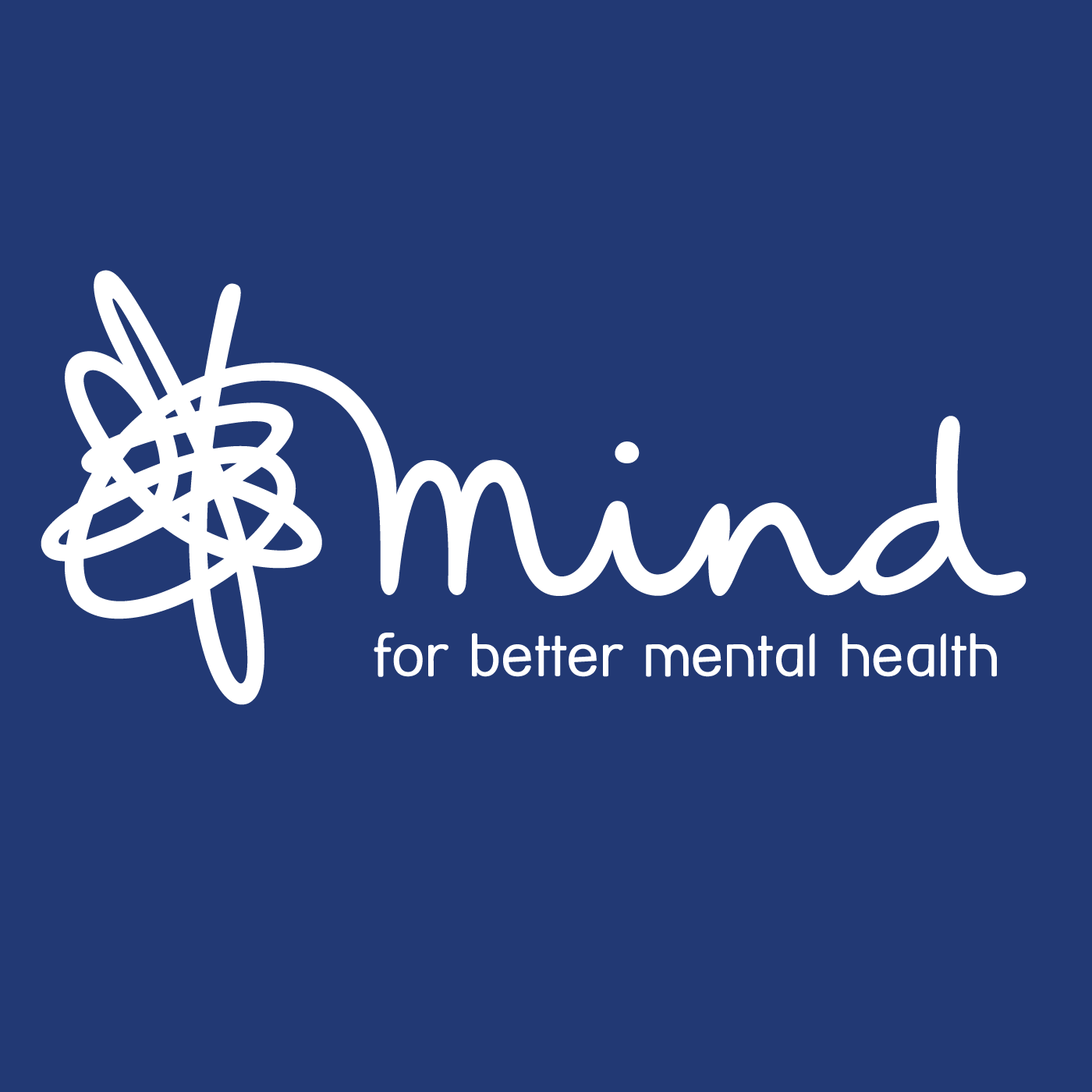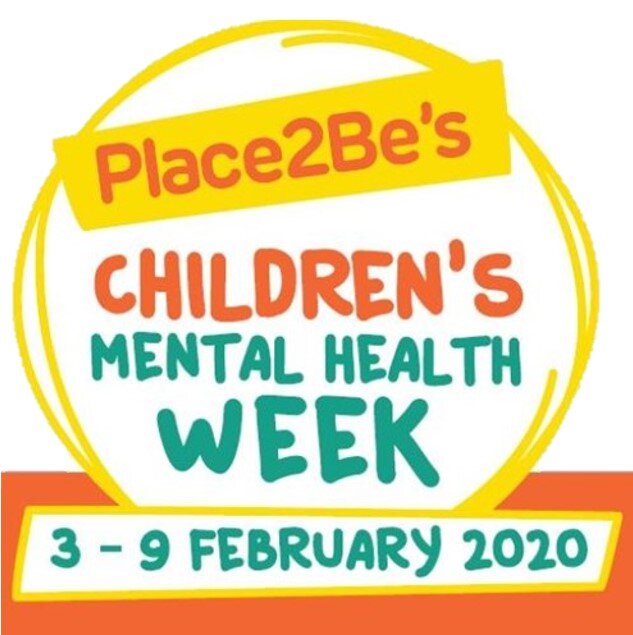Children’s Mental Health Week
“Children get sad, children feel bad, children think sometimes they are going mad. Children get stressed, children get depressed, children think sometimes their life is a mess. A child’s mental health is more important than any school grade, it’s up to us to give them the courage to speak up and not be afraid.”
- @allontheboard
As it is Children’s Mental Health Week, we thought this would be a great opportunity to help raise awareness for this cause. More and more children are struggling to deal with mental health issues, so it is important children know they are not alone.
The Independent claims that one of the main contributing factors to mental health in young people is social media. In the last 10 years, technology has completely revolutionised how people live, communicate and socialise with each other.
As most people are now spending most of their time online according to a report by The Huff Post, 60% of those people have said their self-esteem has been impacted in a negative way. This is due to the unrealistic connotations of people’s lifestyles and appearances.
According to The Children’s Society:
At any one time, at least 10 million children and adults in the UK are experiencing a mental health problem.
75% of all mental health problems are established by the time someone is 18.
75% of young people who are experiencing mental health problems aren’t receiving treatment.
The Children’s Society has also found if children and young people aren’t given the support they need, their problems are manifesting rapidly. The NHS is under immense pressure which means there is also a lack of services, with an average wait time of two months according to Charity Rethink Mental. Which to any parent with a child or young adult who is suffering from mental health is simply not good enough.
This is why it is so important to come together when a system is failing you. Communities, organisations, friends and family are what help people who are suffering from mental health problems. Which is why everyone needs to spread the word and get as many people involved as possible!
For some advice on how you can support Children’s Mental Health Week or if you just want advice to support your child, click here.
As a parent it can be very difficult not knowing how to help your child, especially if they don’t know how to express themselves properly. ChillFactorE.com has some really useful tips about how you can be proactive if you think your child is struggling in any way.
By doing things such as:
Organise fun activities.
Ban phones from the dinner table to encourage conversation.
Stop your child from taking their phones/tablets to bed.
Find apps on your child’s phone that are designed to encourage physical activity, such as Pokémon Go!
Encourage your child to be involved in a school club.
Although these are small steps that you may think are impossible to do, it is important you are consistent with them, as these steps could ensure positive changes for your child.
There’s no denying that mental health in general is rising year on year, so it needs to become a normal topic of discussion. If children are struggling and don’t understand why this is just going to create further problems. By teaching children, young adults and parents that they are not alone and that there is support out there, this will increase the chances of getting the right help and eventually learning how to manage or even overcome mental illness.
If you want to find out more about mental health, as well as organisations that are working to help support children and young adults, we have found some great organisations below:




